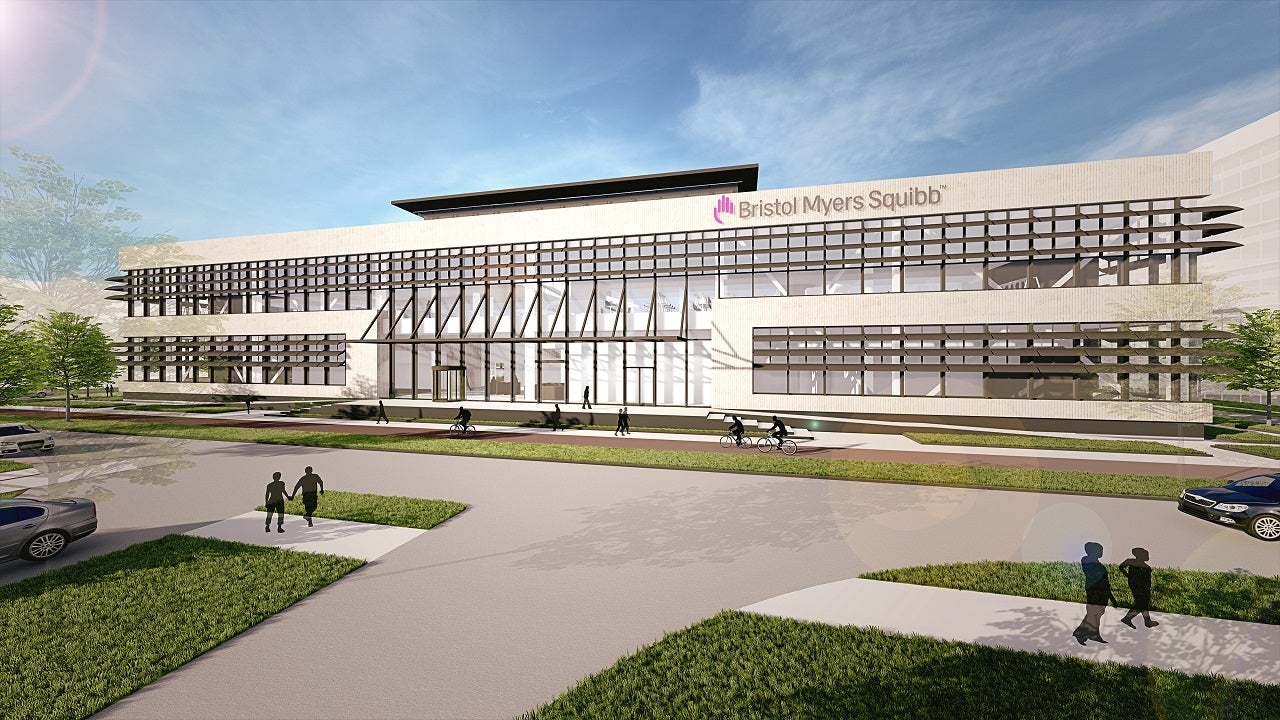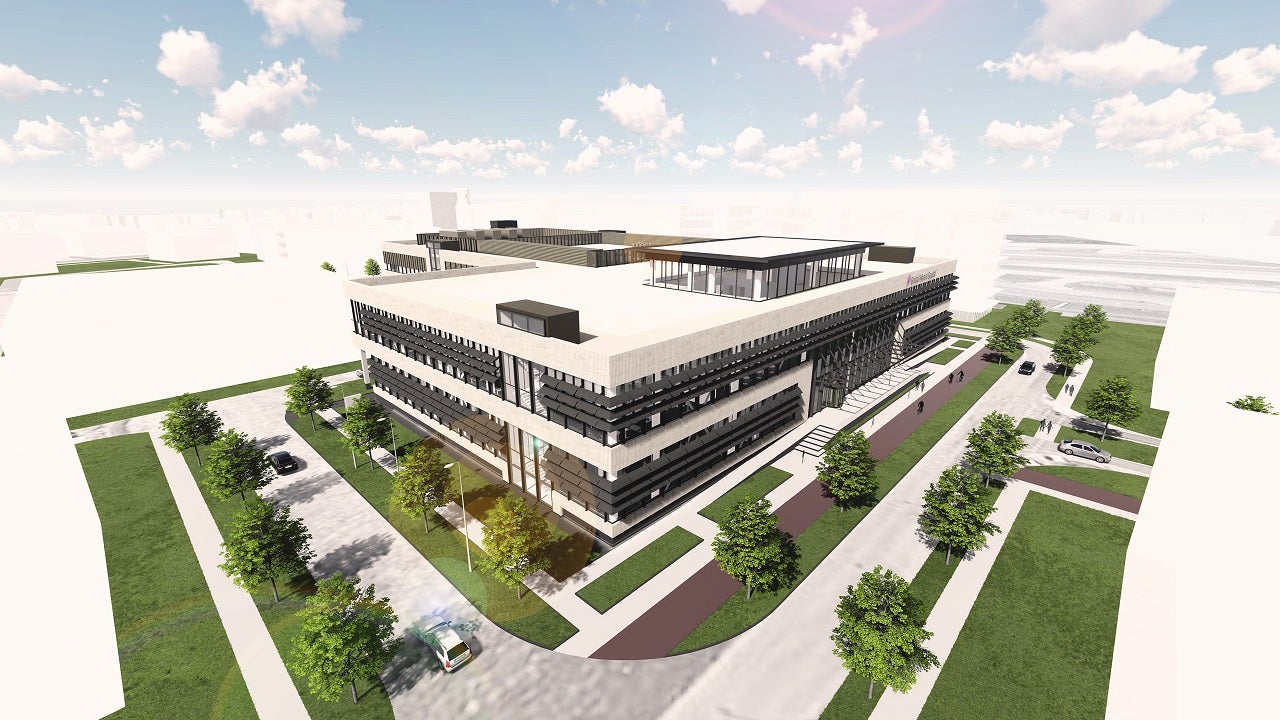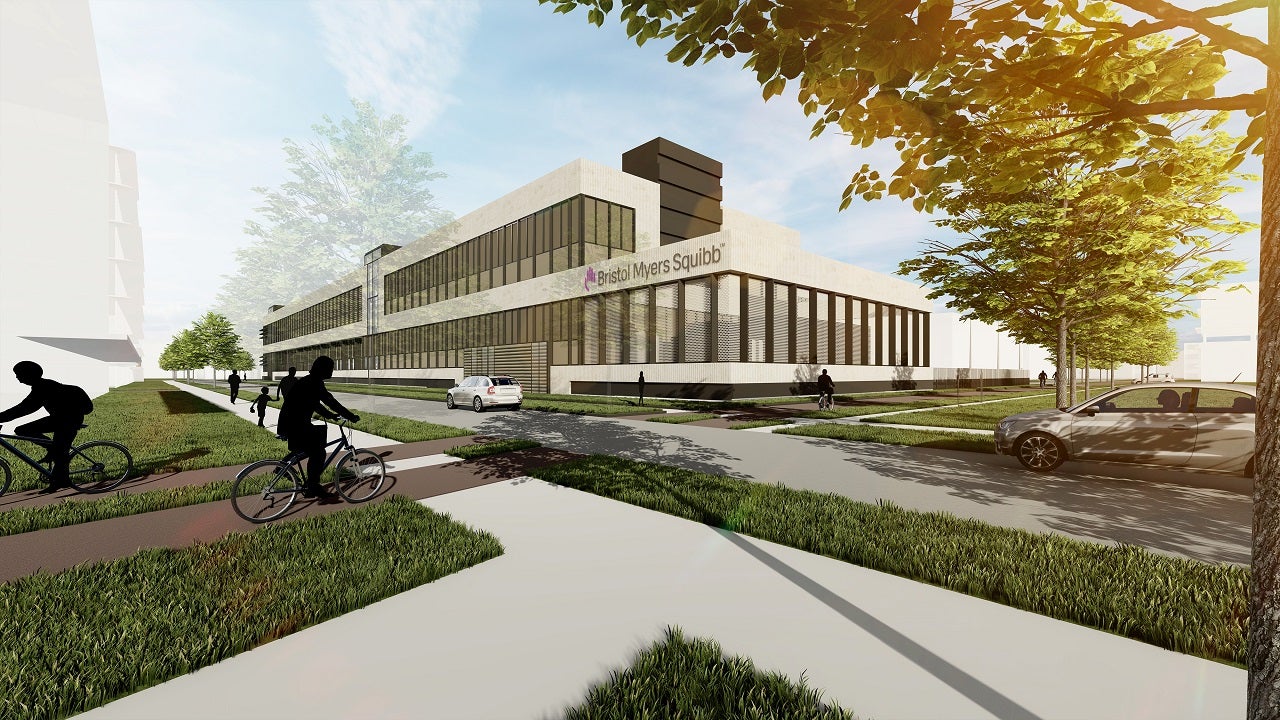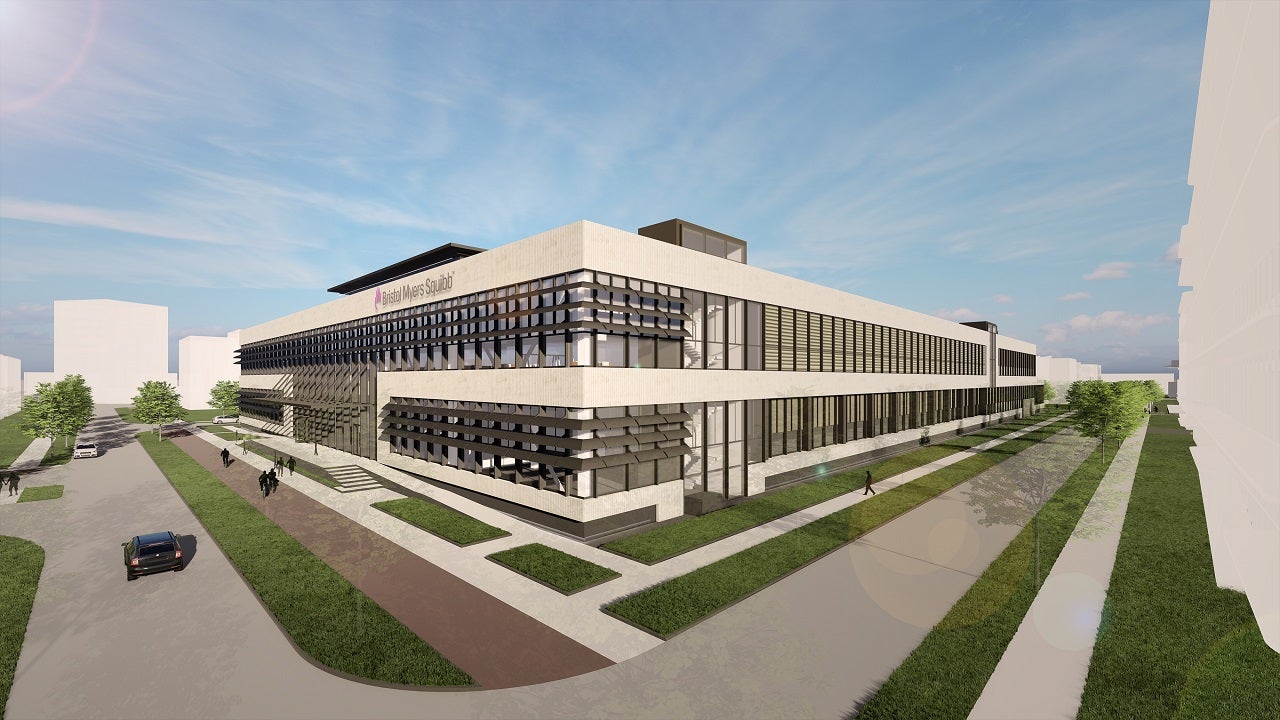US-based pharmaceutical company Bristol Myers Squibb (BMS) is to build a Chimeric Antigen Receptor T-cell (CAR-T) therapy manufacturing facility at the Leiden Bio Science Park in Leiden, Netherlands.
The production and laboratory facility will make use of the expanding life sciences area near Amsterdam and have easy access to transportation options for shipping patient cells.
BMS is investing in the facility’s construction in order to expand its global network and bring cell therapy closer to European patients.
The project is currently in the design and development planning phase, with construction set to begin by the end of 2021. It is expected to be completed by the fourth quarter of 2024.
The facility is estimated to generate at least 500 jobs.
Location of Bristol Myers Squibb’s new CAR-T cell therapy facility
The CAR-T cell therapy manufacturing facility will be built in the Oegstgeest section of the Leiden Bio Science Park.
Spanning 19,000m², the building will be situated on Willem Einthovenstraat, opposite buildings operated by US-based materials science firm Avery Dennison and European biotechnology company Galapagos.
BMS intends to bring innovation and therapies to the Leiden area while also expanding its footprint in the Netherlands. It is hoped that the location will serve as an innovative and growing life sciences centre.
BMS’ CAR-T cell therapy facility details
The CAR-T cell therapy facility will increase the manufacturing capacity of cell therapies for patients with blood cancers (leukaemia) in Europe.
It will use innovative technology, the latest production equipment and advanced digital platforms to provide critical cell therapies for patients.
The facility will have the capacity for multi-product cell therapy manufacturing, with the potential to increase capacity in the future.
It will be the company’s fifth state-of-the-art cell therapy manufacturing facility in the world and its first in Europe.
CAR-T cell therapy
CAR-T therapy is a treatment in which patients with blood cancers such as leukaemia are treated with their own cells.
The first step of the treatment is the collection of T-cells, a type of white blood cell, from the patient’s blood. These are then incorporated with a gene that allows them to recognise tumour cells.
The patient is then given the modified T-cells, which kill the tumour cells in the blood. The gene therapy causes the patient’s white blood cells to become ’tumour specific’.
All patients who undergo CAR-T cell therapy are closely monitored for any side effects that may be severe, life-threatening or fatal.
The treatment also involves continued follow-up with the patient through phone calls and in-person visits to check whether the therapy is working positively and monitor for any side effects.
Two serious potential side effects of CAR-T cell therapy are cytokine release syndrome (CRS) and neurotoxicity.
Marketing commentary on Bristol Myers Squibb
Founded in 1887, BMS is one of the world’s leading global biopharma companies. It is involved in the development of innovative medicines for oncology, haematology, immunology and cardiovascular disease.
In 2020, the company invested $9.2bn in research and development, including the discovery and development of novel medicines.
BMS has five state-of-the-art cell therapy manufacturing facilities to meet the demands of patients worldwide. It is also building a new cell therapy manufacturing location in Devens, Massachusetts, which is expected to be completed in 2023.






